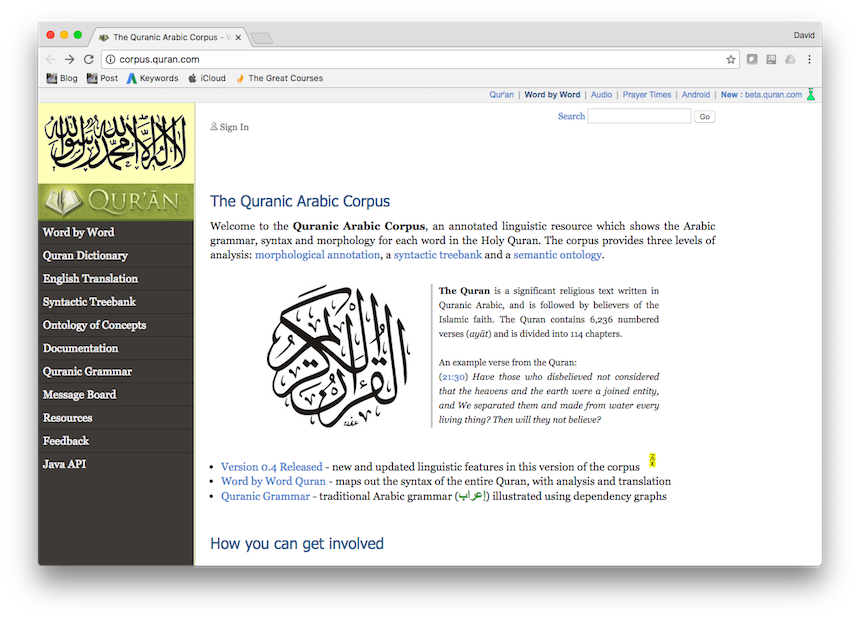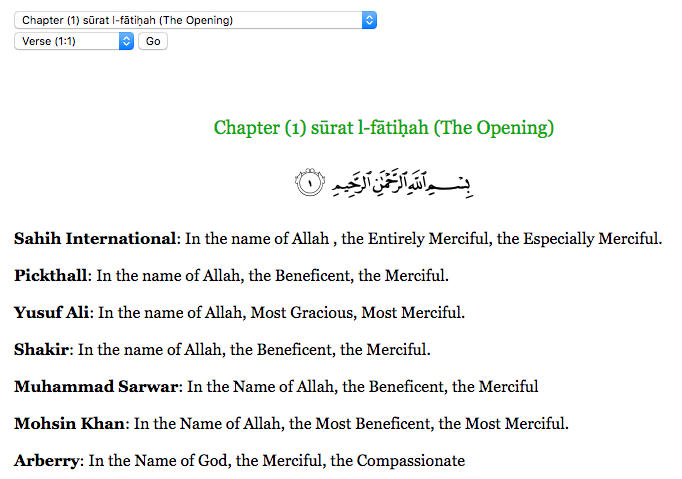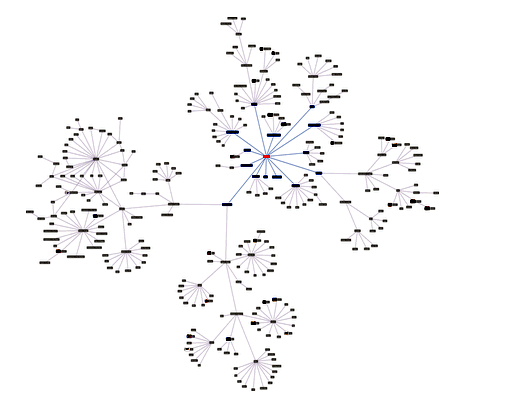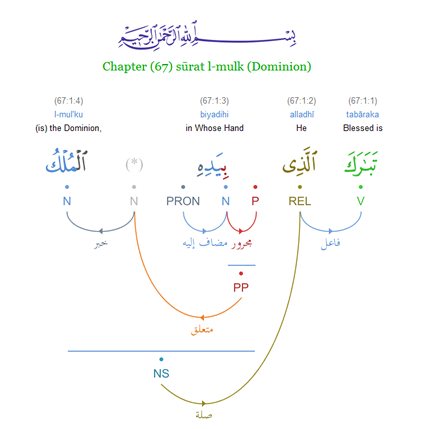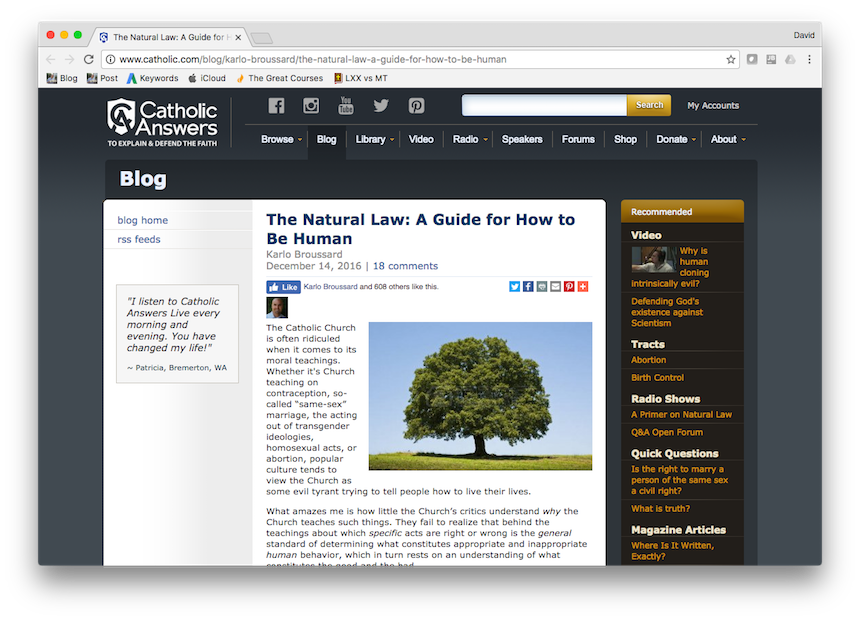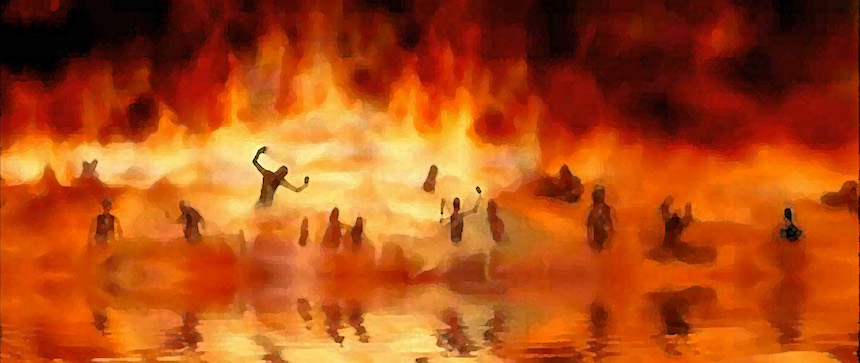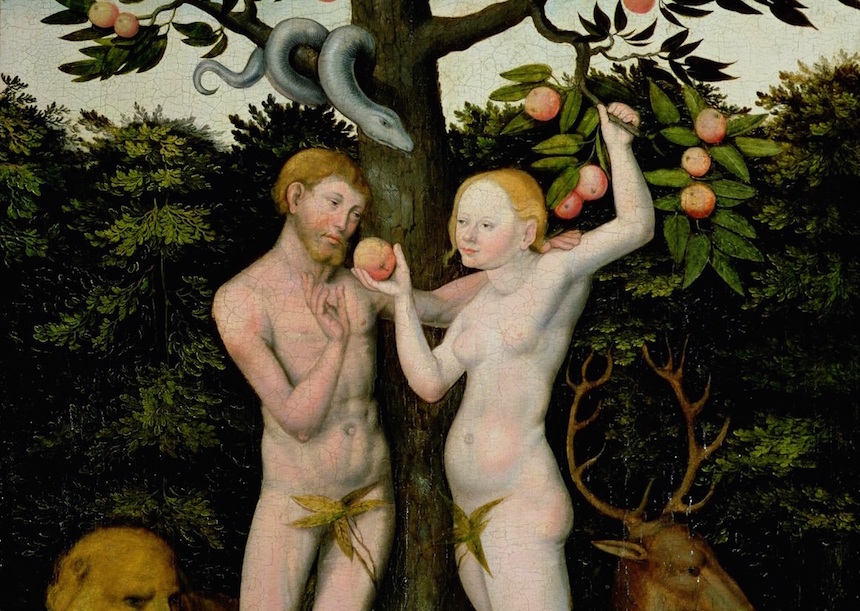Qur’an Cover-to-Cover: Day 9 (“The Criterion”)


I was on a plane flying to Atlanta today, so I’m a little late, but here are my notes for Surah 25.
Surah 25 – “The Criterion” (Al-Furqan)
The title of this chapter is significant. The “criterion” here is identified as the Qur’an itself. This is principal means by which Muslims “distinguish truth from falsehood and right from wrong”. This definitely is in accordance with my experience of speaking with Muslims: everything is viewed through the lense of the Qur’an.
There are are quite a references to other religions in this surah and, I would say, it identifies Christianity in particular. For example, we are told that “[Allah] has not taken a son and has not had a partner in dominion… But they have taken besides Him [Allah] gods”. This seems to be a fairly clear reference to the Christian belief in the Divine Sonship of Jesus. It is also possibly a reference to His mother, Mary, whom we will encounter in later suwar. A little later we are told that on Judgement Day, those false deities will testify against those who worshipped them, saying that none is worthy of worship but Allah. Those who “commit injustice” in this way are guilty of the sin of Shirk and will therefore “taste a great punishment”.
